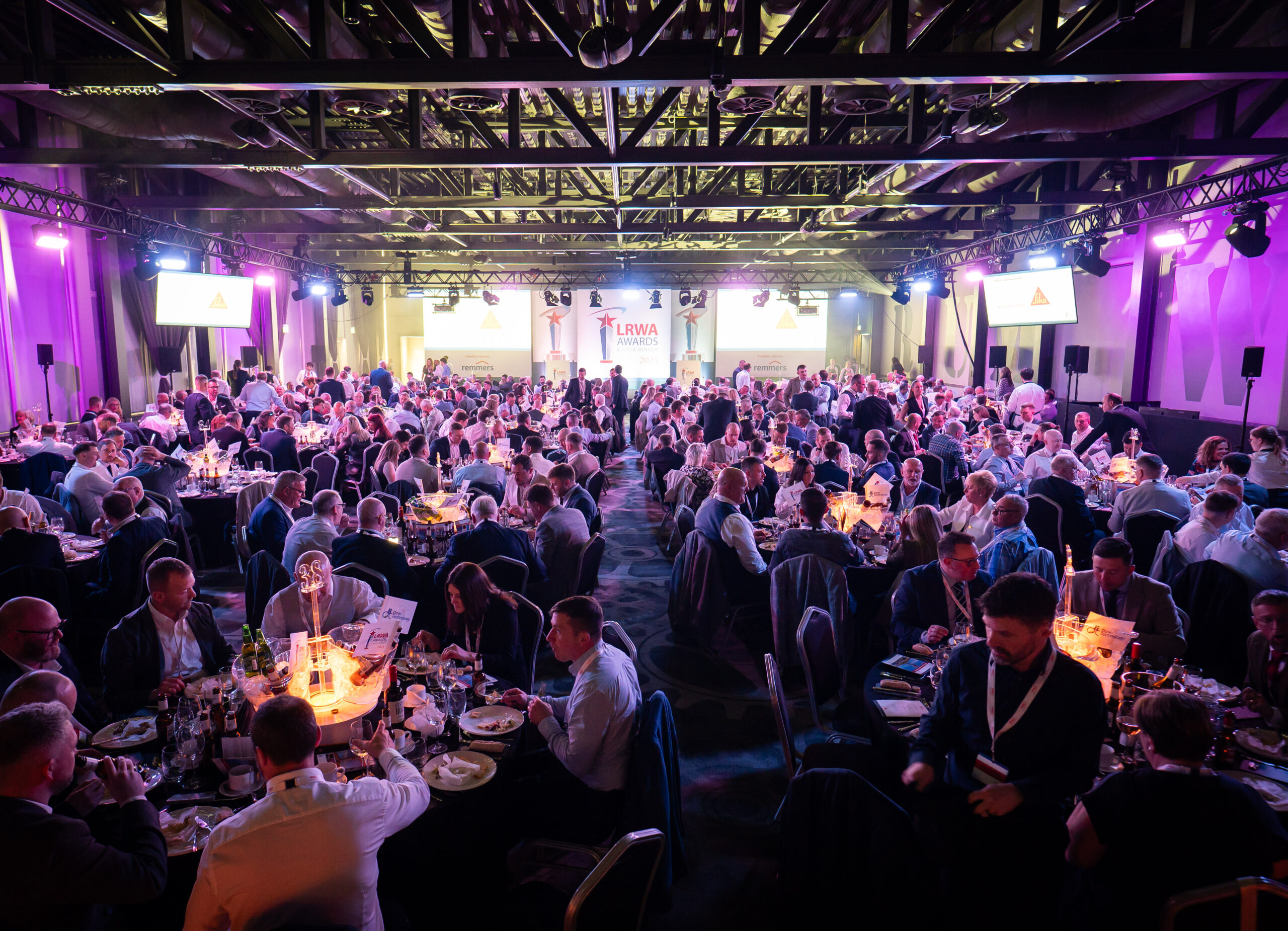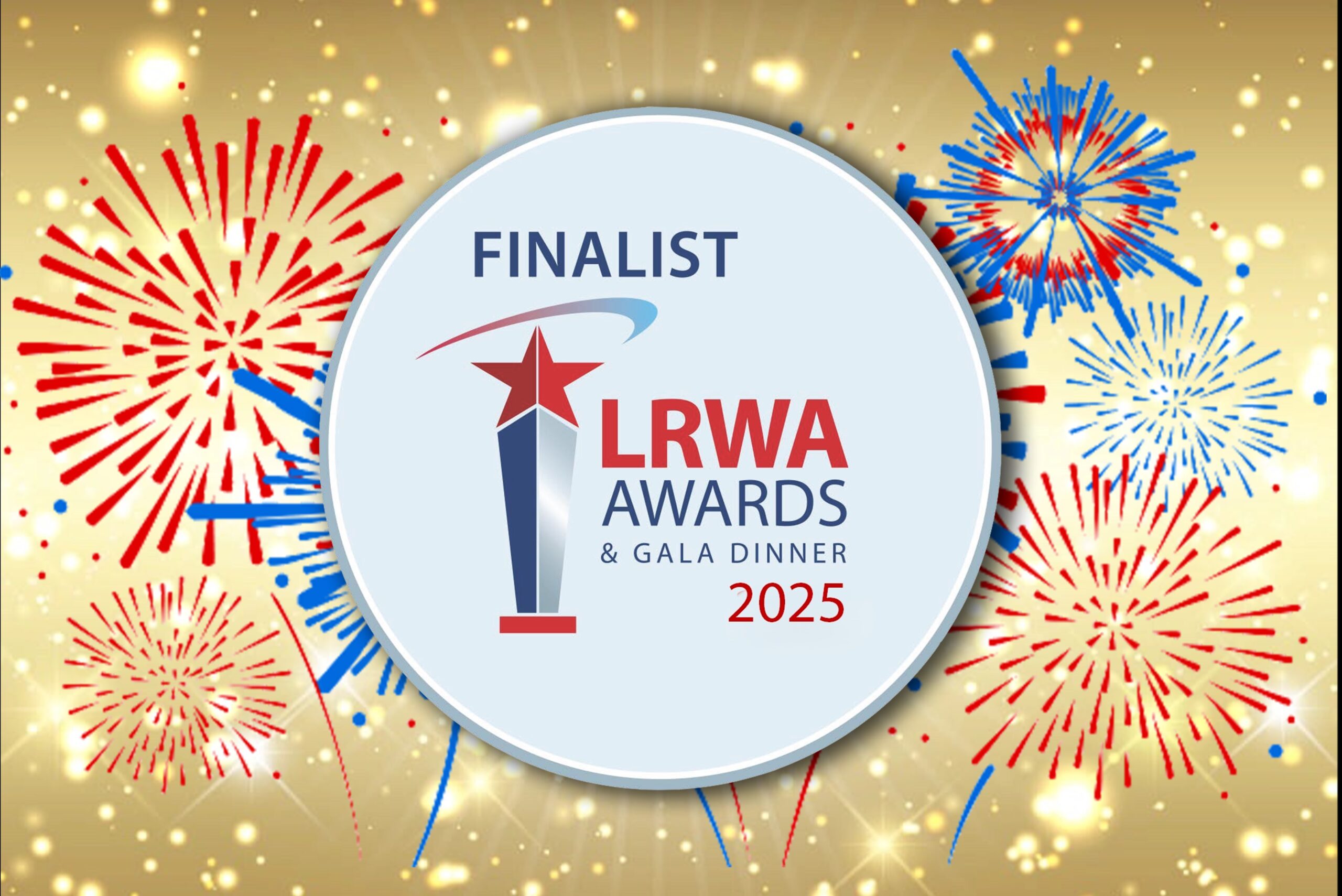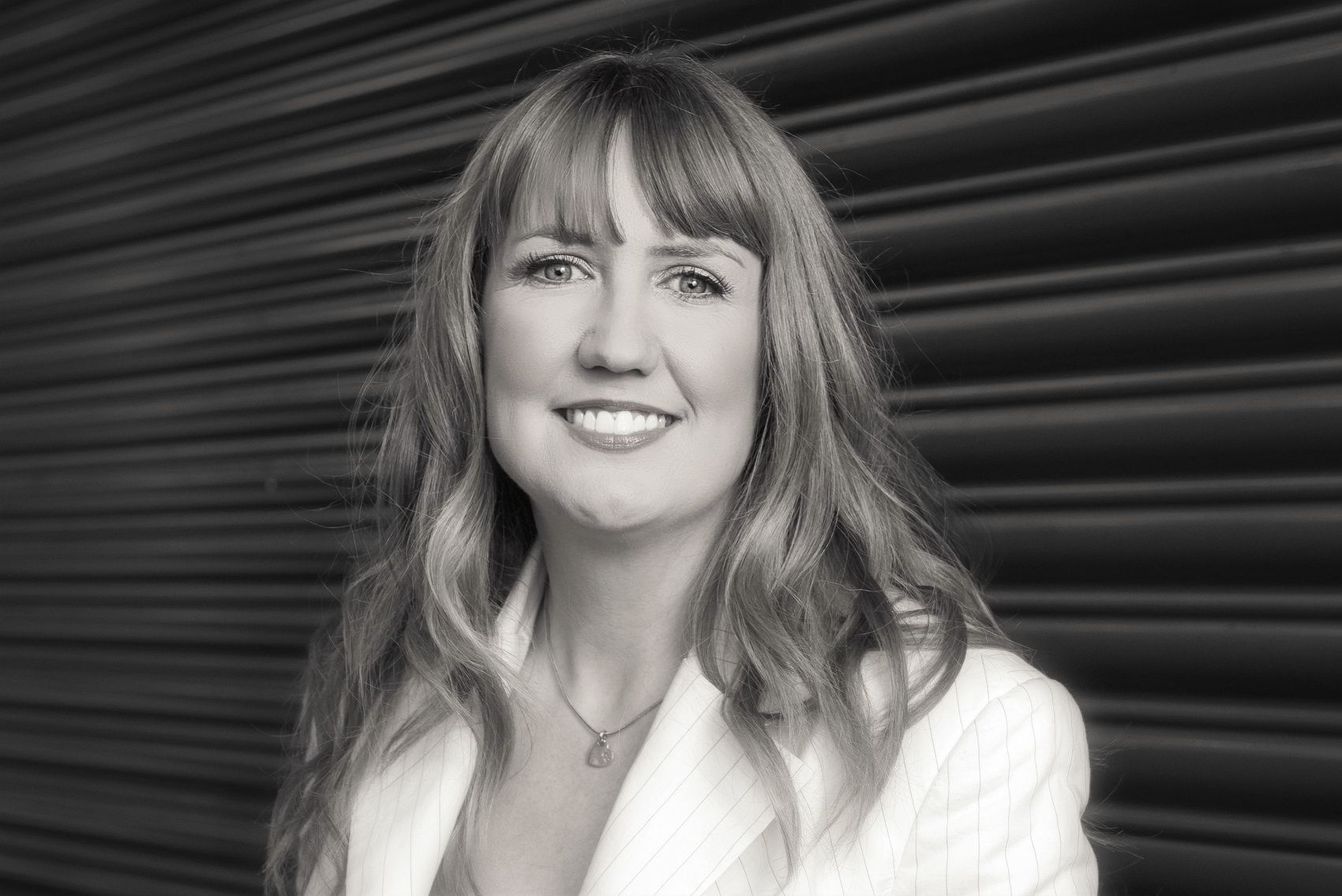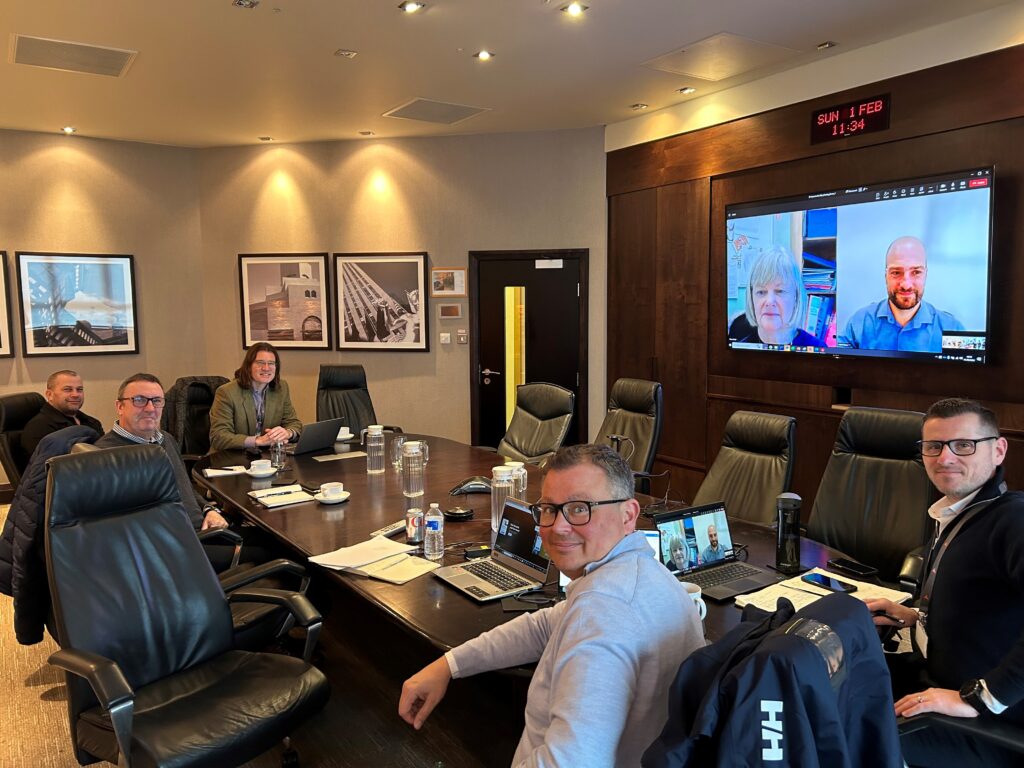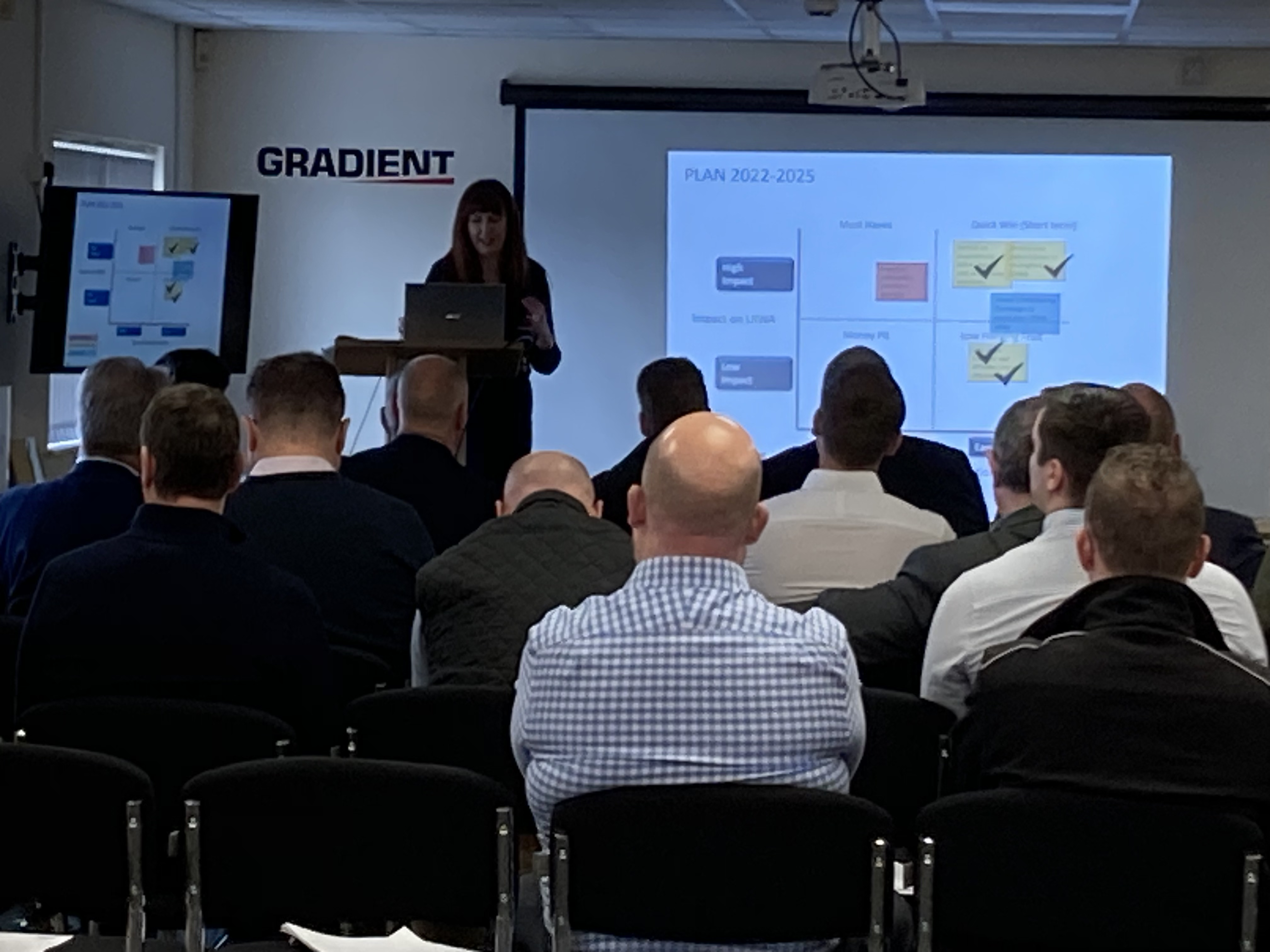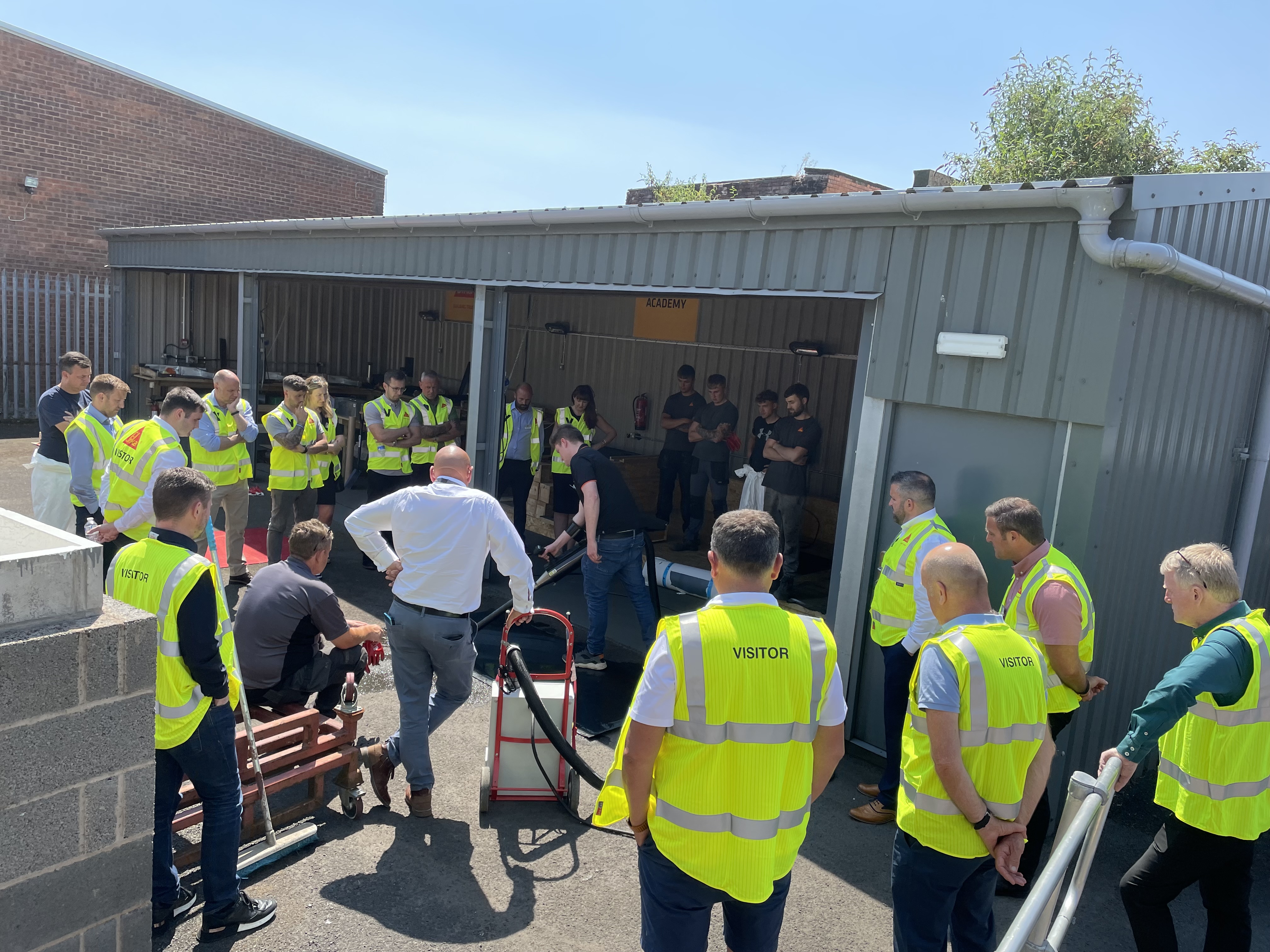Sustainability
- Sustainability
Sustainability is one of the greatest challenges facing the construction industry. Although not a new item on the agenda, the focus on this wide-ranging topic is intensifying against a backdrop of ever-changing requirements and pressures.
Sustainability is broad term, spanning environmental, social and economic factors. But it is the environmental pillar which is increasingly under the spotlight. Awareness among the public and construction clients is growing rapidly, driven by major global environmental issues and the impact of climate change.
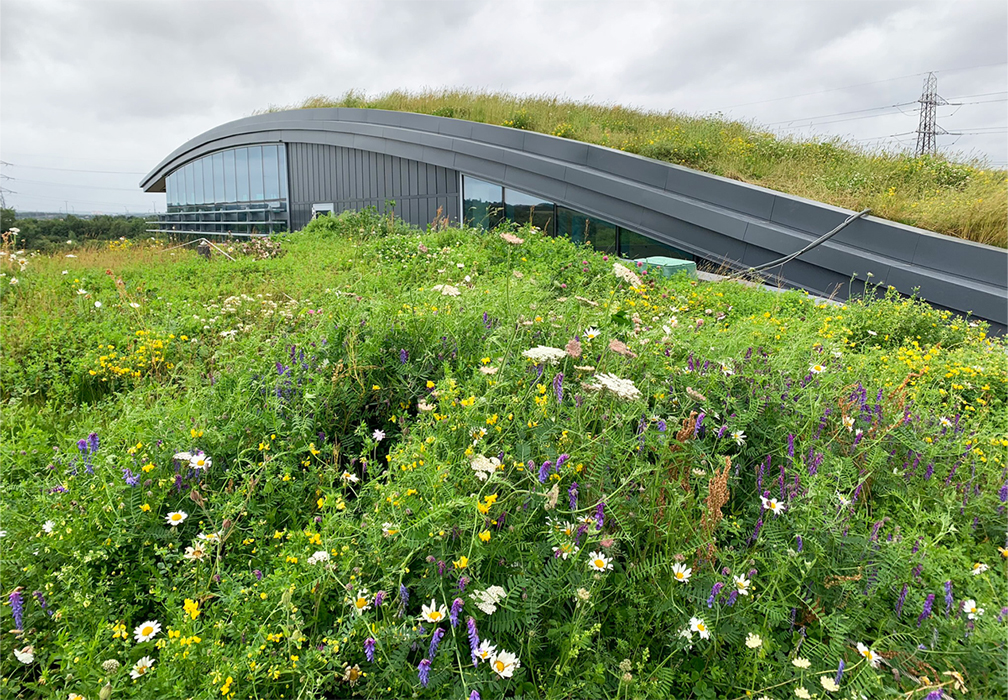
- A complex landscape
Taking a proactive approach to sustainability is, however, easier said than done. Unlike health and safety requirements, there are no clear rules as to how a business should lower its carbon emissions or a precise definition as to what it means to be more sustainable. That means organisations are often required to think outside the box to find ways to incorporate more sustainable practices.
A further hurdle is the pace of change. As well as navigating evolving environmental legislation, businesses are faced with a myriad of guidance, standards and tools offered by a wide range of both public and private organisations. All these factors can combine to make sustainability seem even more complex, especially for small to medium sized enterprises.

- LRWA sustainability committee
In response to these challenges, the LRWA has set up a Sustainability Committee to identify and address the key issues that affect LRWA membership.
Combining the skills and expertise of our committee members, as well as resources from organisations such as the Construction Products Association (CPA), we want to ensure all those who work in liquid roofing and waterproofing are in the strongest position to respond to the evolving sustainability landscape.
Currently, our three key focus areas are Environmental Product Declarations (EPDs), promoting sustainability best practice and ‘greenwashing.
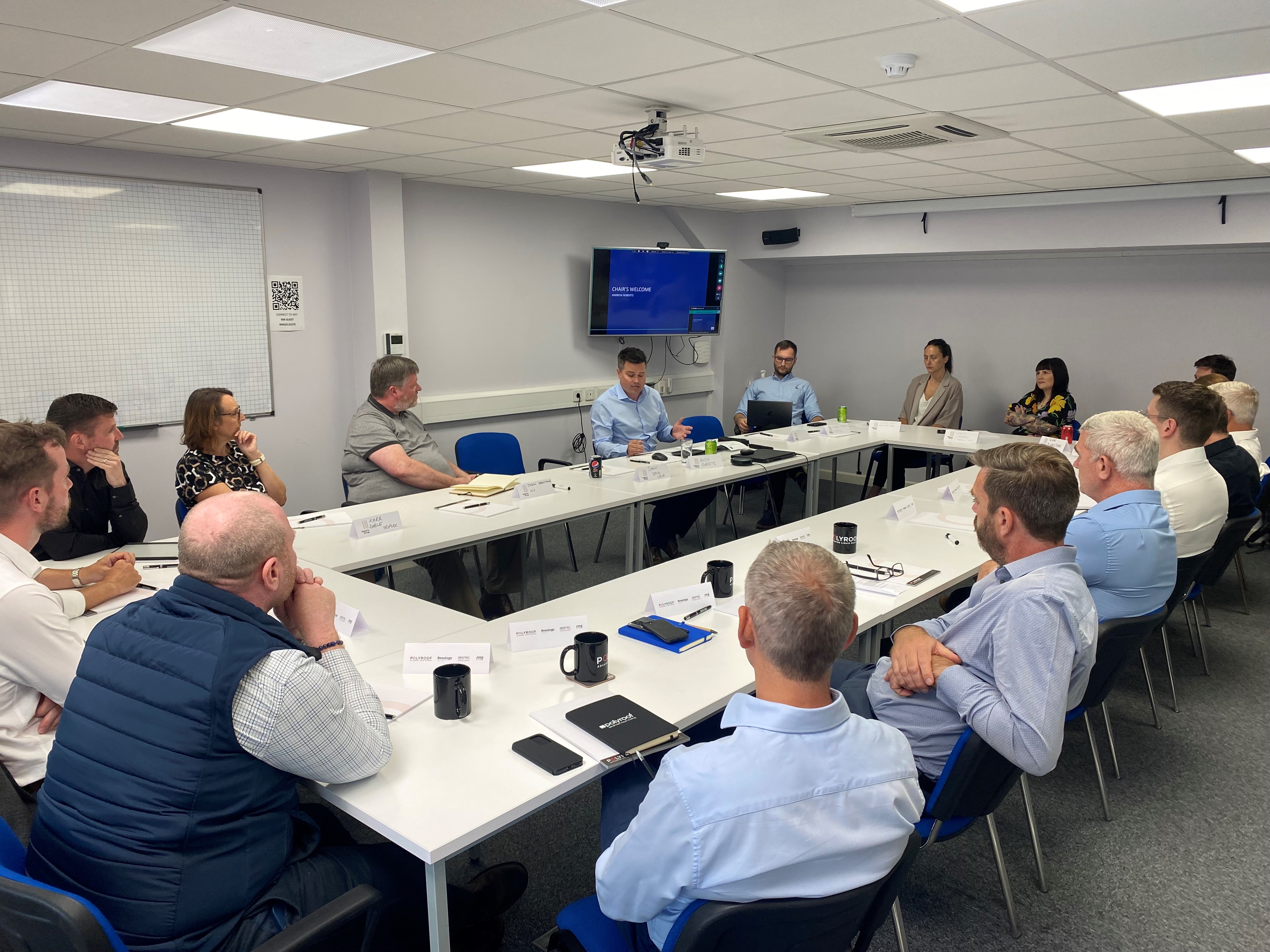
- Environmental product declarations (EPDs)
EPDs communicate the environmental impact of construction products. While not a new concept, EPDs are gaining prominence in our sector, as specifiers, clients and contractors seek ways to evaluate the embodied carbon within construction projects.
One of the major challenges is ensuring EPDs from different manufacturers can be compared by specifiers to make an informed choice. This is an issue exacerbated by inconsistent approaches to producing EPDs and confusion regarding the data required. The LRWA’s role will to be to identify and implement ways in which we can address these concerns.
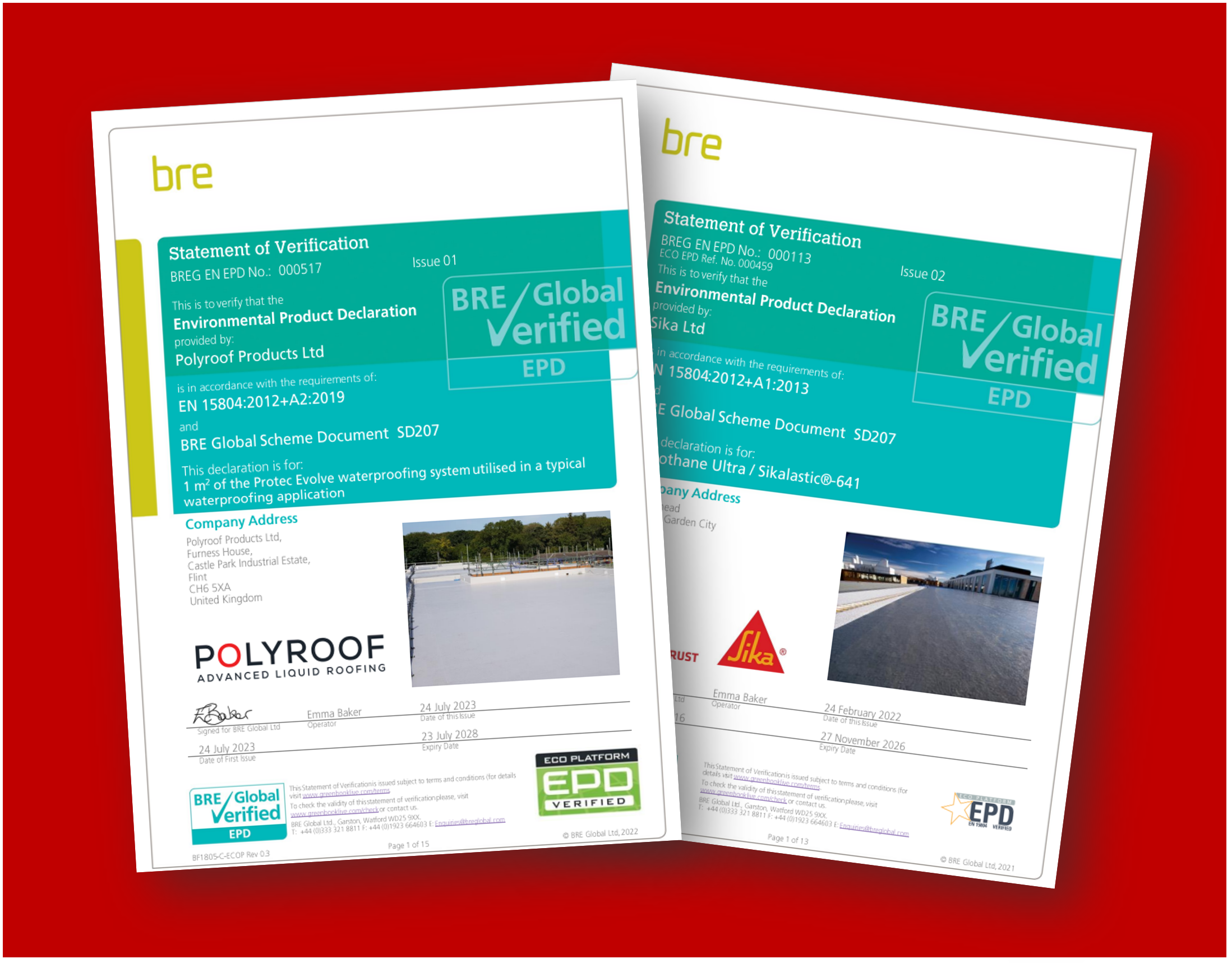
- Promoting sustainability best practice
A key achievement of the committee was to introduce a new category at the LRWA Awards in 2025 to enable the sector to showcase standout sustainability projects.
Aligned to key sustainability goals, the award’s criteria covers five core themes: Reduced Environmental Impact, Beneficial Social Impacts, Product and System Innovation, Carbon Management and Reduction, and Responsible Supply Chain Practices.
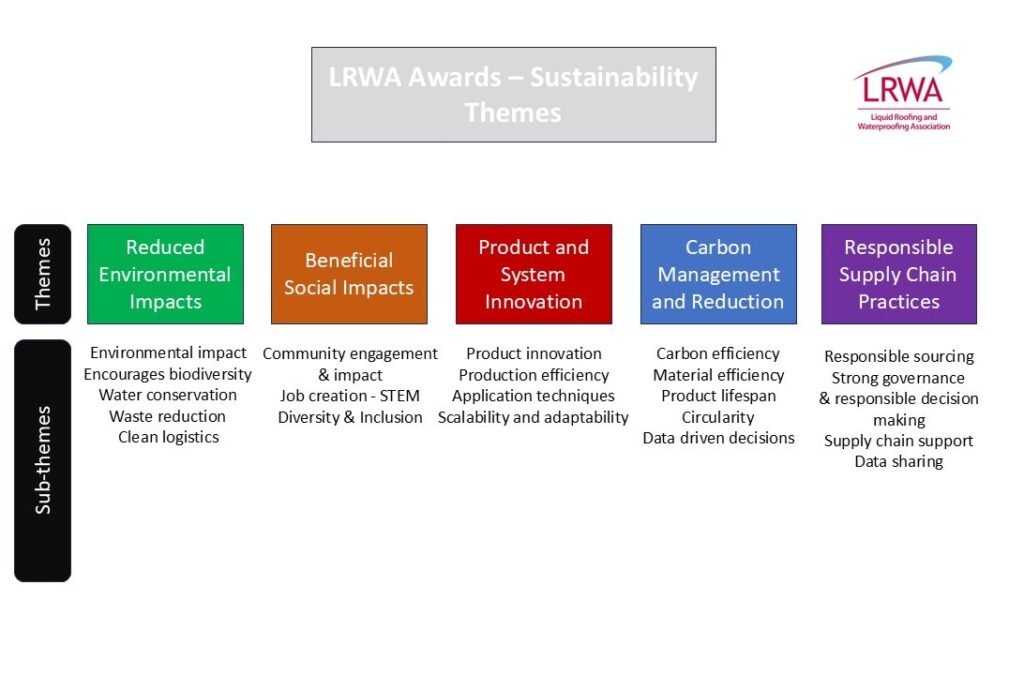
- Greenwashing
Greenwashing is when companies make misleading or false claims about their environmental credentials. It is becoming more of an issue as reflected in the potential legislation coming down the line, which could see companies fined for making unproven environmental assertions to sell their products.
The Competition and Markets Authority (CMA) has published guidance for businesses making environmental claims in the UK. The ‘Green Claims Code’ outlines key principles, such as claims should be truthful, accurate, clear, fair and provide the full lifecycle of the product or service. All claims must also be substantiated.
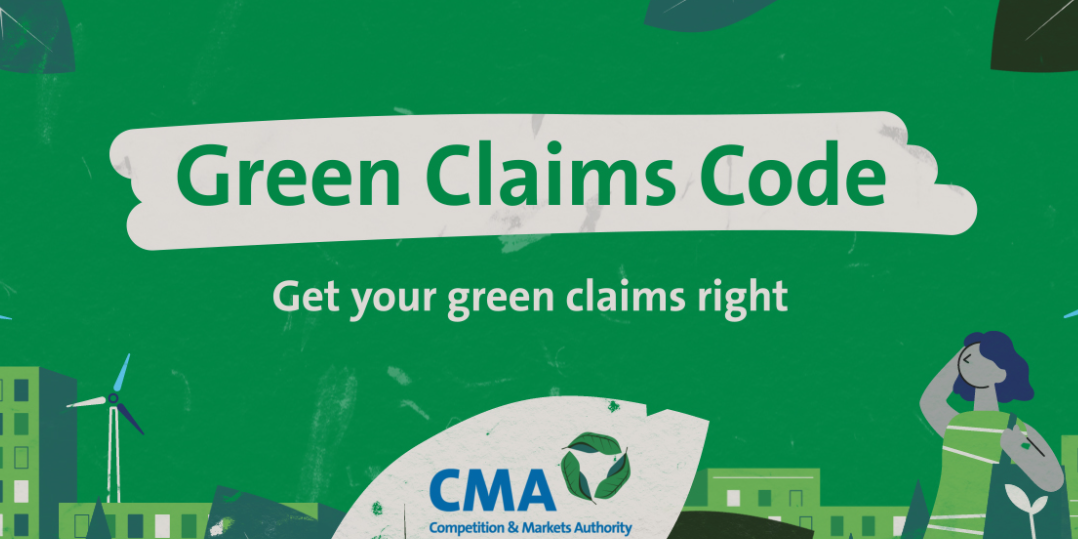
Recognising the need for change when it comes to greenwashing, the British Coatings Federation (BCF) has gone one step further and published industry-specific guidance. The ‘Green Claims Guide for Decorative Paints’ breaks down the definitions of some of the most common phrases and buzzwords when marketing decorative paints to consumers.
We would like to adopt a similar approach, creating our own guide which reflects the principles in both documents. This would incorporate specific issues relating to liquid-applied membranes and provide tailored advice to our members on making ethical and transparent environmental claims.
-
Useful resources
Construction products association (CPA)
The CPA works closely with its members on sustainability issues as well as liaising extensively with government, Standards institutions, research bodies and the wider construction industry.
Sustainability actions are now a key part of the manufacturing world, revolving around environmental, social and economic issues. The CPA largely provides support for members on environmental issues, helping them to develop sustainability action plans, resource efficiency action plans, measure progress & become certified to various standards.
Watch the CPA’s Sustainability video for a useful introduction.
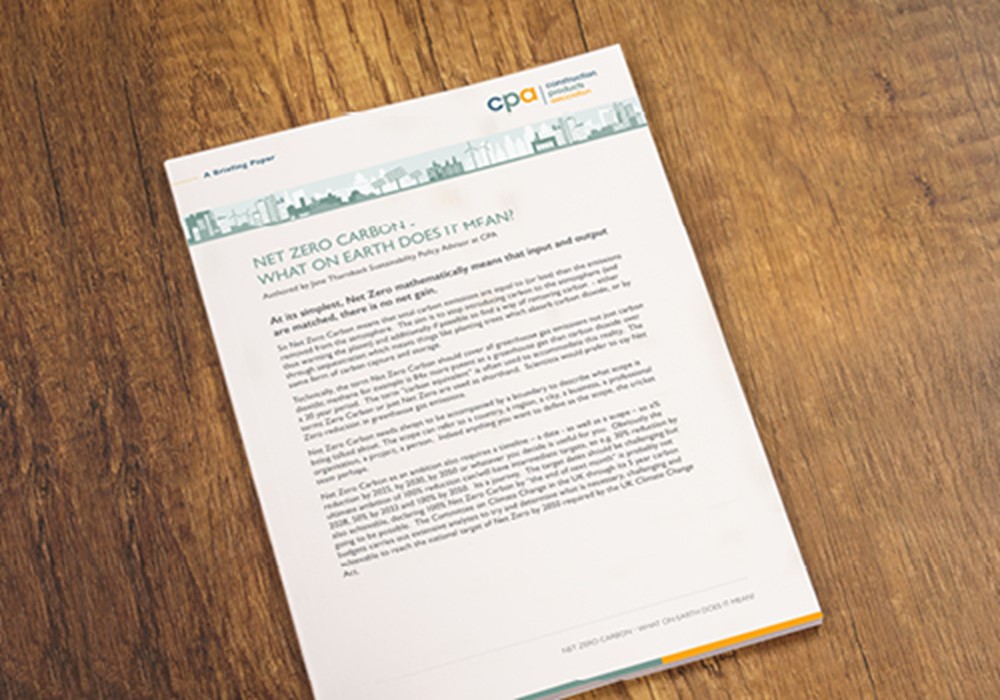
-
Useful resources
Supply chain sustainability school
The School is completely FREE and allows you to access training in a wealth of different areas including; Sustainability, Digital, FIR, Lean Construction, Management, Offsite, People and Procurement. You also have the opportunity to attend our training and networking events, gain CPD points, complete a self assessment and get a bespoke action plan, complete e-learning modules and various training resources.
Vision for the School is to be “An industry where everyone will have the skills and knowledge to deliver a sustainable future.”
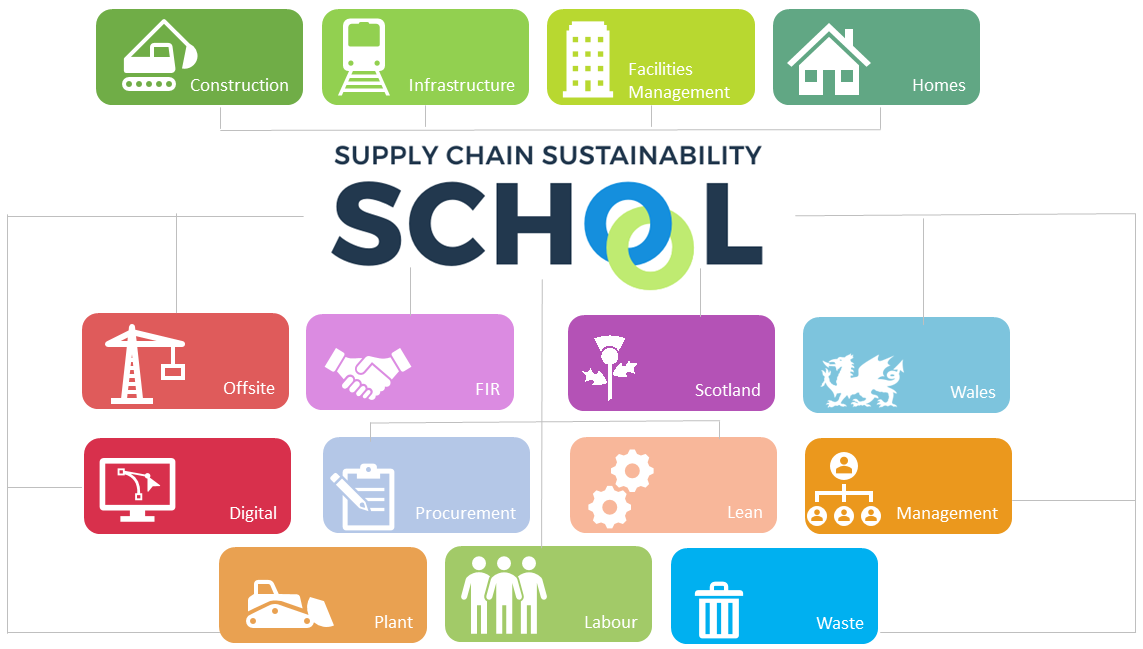
- Useful links
- Members area
- Join LRWA
- Latest events
- Latest vacancies
Listed below are the latest jobs posted by our LRWA members.

